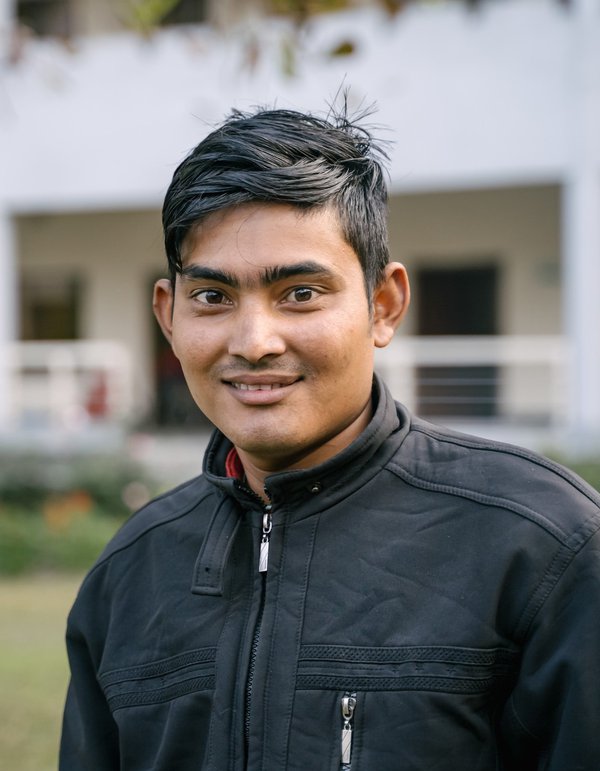Bangladesh is a similar size to England and Wales, but with a population of 165 million, around three times as many people live there.
It has one of the highest population densities in the world, with more than 1,200 people per square kilometre. The country is mostly flat, with hilly areas at its eastern borders with India and Myanmar.
In 2021, there were 2,872 new cases of leprosy diagnosed there. 169 of these cases were in children.
In Bangladesh, around one person in five lives in poverty with one person in ten living in extreme poverty. There are 0.53 doctors per 1,000 people compared to 2.81 doctors per 1,000 people in the UK.
Our support for Bangladesh includes hospital and healthcare services, community partnerships, empowering people and research.
Hospital Services
The Leprosy Mission Bangladesh is the country’s premier specialist leprosy treatment and healthcare provider for people affected by leprosy. Its hospital in Nilphamari is the only hospital in the country that provides reconstructive surgery and treatment for the complications of leprosy.
We also support government clinics and other medical centres in providing leprosy care. Where people affected by leprosy have been denied care at general hospitals due to the stigma of the disease, we have been successful in advocating for this decision to be changed.
Community Partnership
The Leprosy Mission Bangladesh has pioneered an innovative approach to leprosy services by working at a local level and partnering with individuals, community organisations, the media and government healthcare workers. These local partners advocate for leprosy treatment to be provided by local health centres, combat stigma, raise awareness and help identify new leprosy cases.
The Leprosy Mission’s team also gives training and support to help community-based organisations and government health workers to detect and treat leprosy.
Empowering people
The Leprosy Mission is working hard to empower people affected by leprosy, so they can support each other and advocate for change at local, district and national levels. Leprosy self-help groups are being supported to work together and provide small loans that help families to improve their livelihoods.
These groups across the country have come together to establish a national Leprosy People’s Association, which will give people affected by leprosy in Bangladesh a stronger voice. They will then be able to influence Government policies and decisions that affect them.
Research
Bangladesh is a key location for leprosy research. Research studies include looking into more effective treatment for people affected by leprosy, identifying drugs that may prevent family members and neighbours developing leprosy, and on improving Leprosy Mission programmes so that they can most effectively support people. Our research work in Bangladesh has led to many innovations and advances in the global fight against leprosy. Current research includes working on a diagnostic test for the disease.



